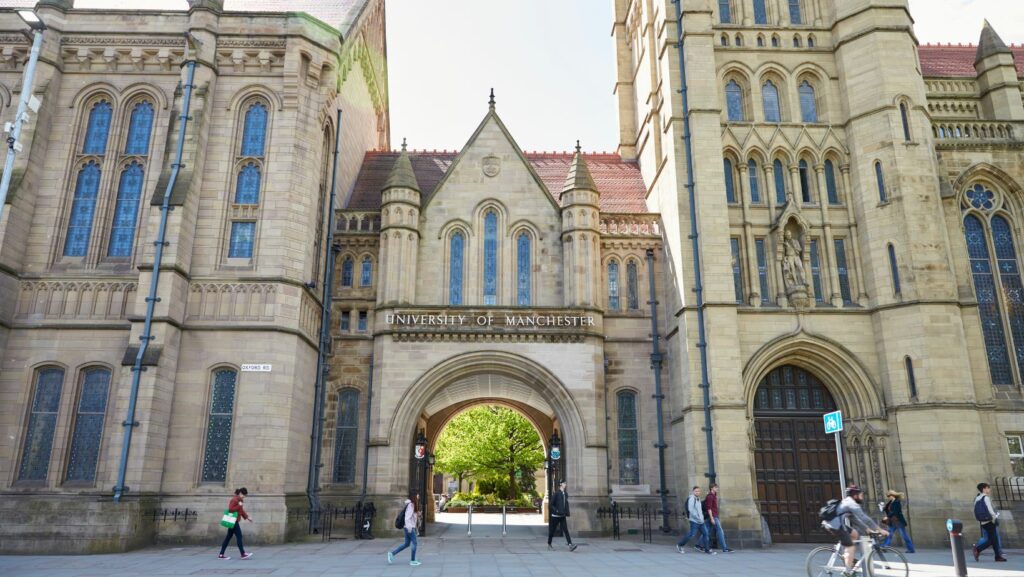Colleges for Music Education
As a music education enthusiast, I’ve delved into the realm of colleges offering exceptional programs tailored to aspiring musicians. Music education is a specialized field that requires not just passion but also top-tier instruction and resources. When it comes to choosing the right college for pursuing music studies, factors like faculty expertise, curriculum depth, and performance opportunities play pivotal roles.

The landscape of colleges for music education is diverse, ranging from conservatories focusing solely on music to universities offering comprehensive music departments alongside other academic disciplines. Each institution brings its unique strengths to the table, whether it’s a strong emphasis on classical training, jazz studies, music technology, or colleges for music education. Prospective students often find themselves navigating through a myriad of options before discovering the perfect fit that aligns with their musical aspirations.
With an abundance of choices available nationwide and even internationally, selecting the ideal colleges for music education can be both exciting and overwhelming. From renowned institutions steeped in centuries-old traditions to innovative programs at cutting-edge schools, each option presents a distinct opportunity for growth and artistic development. Ultimately, finding the right balance between academic rigor, practical experience, and personal enrichment is key when embarking on this rewarding educational journey.
The Importance of Music Education in Higher Learning
Music education plays a vital role in higher learning institutions by fostering creativity, critical thinking, and emotional intelligence among students. It provides a well-rounded education that goes beyond traditional academic subjects and encourages students to express themselves through music.
Benefits of Music Education:

- Enhances Academic Performance: Research shows that students involved in music programs often perform better academically in areas such as math, science, and language arts.
- Promotes Cognitive Development: Learning music helps improve memory, concentration, and problem-solving skills, which are essential for academic success.
- Cultivates Collaboration Skills: Through ensemble performances and group projects, students learn the value of teamwork and effective communication.
Impact on Student Well-being:
- Emotional Outlet: Music serves as a form of self-expression for students, allowing them to cope with stress and express their feelings creatively.
- Boosts Confidence: Public performances and rehearsals help build confidence and self-esteem in students, preparing them for future challenges.
Statistical Insights:
| Statistics on Music Education |
| 85% of schools report increased graduation rates due to music programs. |
| Students from low-income families who participate in music programs are 5 times more likely to graduate high school. |
| Children exposed to music education show enhanced brain development compared to those without musical training. |
Key Factors to Consider When Choosing a Music College
When embarking on the journey of selecting a music college, there are several KEY FACTORS that can greatly influence your educational experience and future opportunities. Here are some essential aspects to keep in mind:

- Curriculum and Specializations: IT’S vital to explore the CURRICULUM offered by each music college. Look into the SPECIALIZATIONS or concentrations available within the music programs. Whether you’re interested in performance, composition, music education, or music production, ensuring that a college offers your preferred area of focus is crucial.
- Faculty Expertise and Mentorship: The QUALITY OF FACULTY members can significantly impact your learning experience. Research the backgrounds of professors teaching at the institution. Experienced faculty members with notable achievements in their respective fields can provide valuable mentorship and guidance throughout your academic journey.
- Performance Opportunities: Engaging in performances is an integral part of MUSIC EDUCATION. Investigate the PERFORMANCE OPPORTUNITIES provided by the college. Whether it’s through recitals, ensembles, or collaborations with other departments, having platforms to showcase your talent and skills is essential for growth as a musician.
- Facilities and Resources: Access to state-of-the-art FACILITIES and resources can enhance your learning experience. From practice rooms equipped with pianos to recording studios for music production students, having adequate resources can make a significant difference in honing your craft effectively.
- Industry Connections and Internship Programs: Consider colleges that have strong INDUSTRY CONNECTIONS and offer INTERNSHIP PROGRAMS within the music industry. These connections can open doors for networking opportunities, internships at renowned organizations, and potential career prospects post-graduation.
